Can you see the stars at night?
Light pollution is a well known and still growing problem for amateur and professional astronomers alike. However, as large astronomical facilities move to more remote locations, that won’t help the vast majority of people who want to see the night sky with their own eyes.
Globe at Night has been using crowd-sourced observations to track the spread of light pollution since 2006. This year, the project is expanding so that you can collect data every month of the year. If you can find Orion or another one of the bright constellations being used in the program, you can add your data to this ever growing citizen effort. Observations are made whenever the Moon isn’t a distraction.
Check out the new look over at Globe at Night‘s homepage and find dates, star charts, and places to log your observations.
It’s even easier this year to take out your mobile device to help with observations. Globe at Night has a handy webapp that can be used on a computer or tablet to enter your data, and it’s available in over 20 languages for this truly international project. Have an iPhone? You can use the Dark Sky Meter app to actually measure the background light of your night sky and have that data integrated into the Globe at Night project.
As an Android user, I love using the Loss of the Night app to make some observations when I have a few minutes to spare during public outreach observing nights. They, too, are integrating their data into the Globe at Night process, so this year’s campaign is sure to have lots of data points. Loss of the Night asks you to find different stars in the sky and tell the app whether you can see it or not. That sets a magnitude limit for your observing location. Just remember to turn your screen brightness down to preserve your night vision, especially when you’re out of the app which already darkens the screen for you and uses red text. (Nice job!) Loss of the Night has added some new languages bringing its multi-lingual total up to 11. These mobile apps are super handy because they can report location and time information automatically, as this is crucial to the data collection process.
Any time you’re out on a clear night, especially if the Moon isn’t up, consider taking a few observations and helping out these projects. With an increased awareness of light pollution, localities have been passing lighting ordinances that lead to better night vision and safety for people, lower lighting bills, reduced light pollution to disturb nocturnal animals, and, oh yeah, better views of the night sky. If you’re an educator, consider doing this activity with your students and let them contribute while learning.
The night sky is a beautiful natural resource that should be available to everyone. As a young kid interested in astronomy growing up in Staten Island, NY, I was almost 20 before I got to see a TRULY dark night sky with the Milky Way overhead. I’d like for more people to be able to have that experience without having to travel miles from home. Maybe that’s asking for a lot, but at least we can improve the situation such that the next generation of kids can take their telescopes out at night and not have to curse the streetlights’ eternal glare.

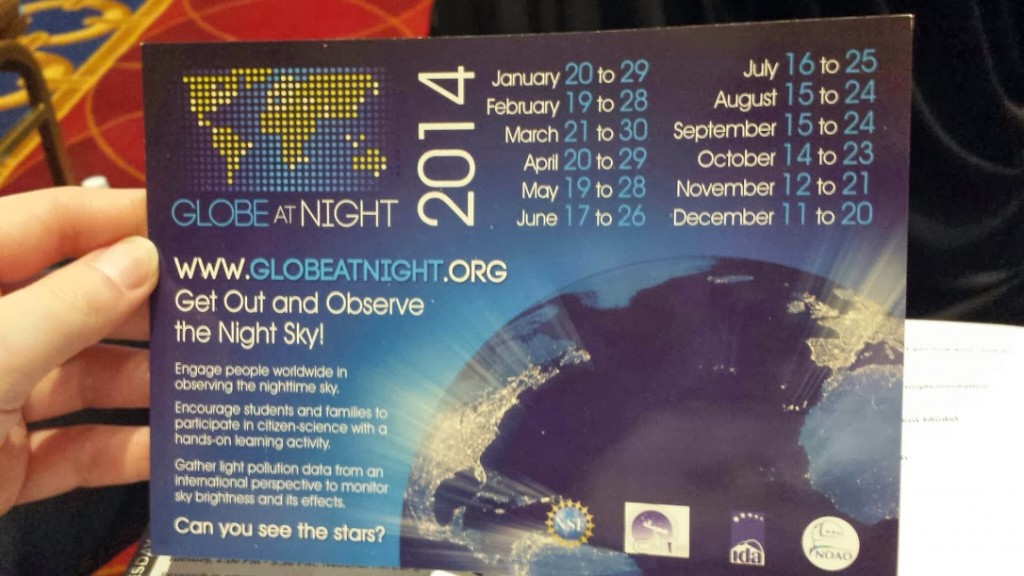
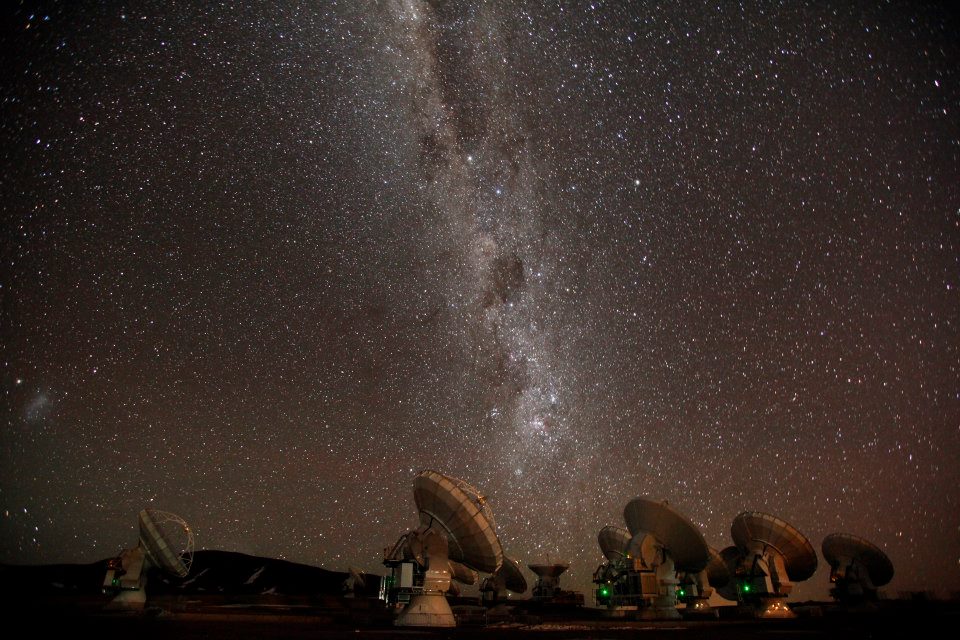
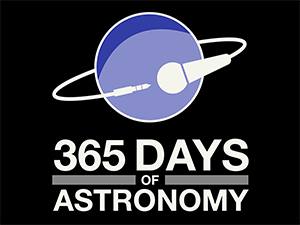
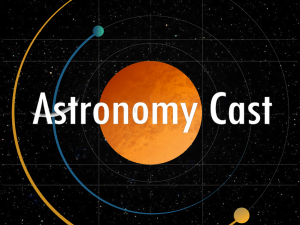

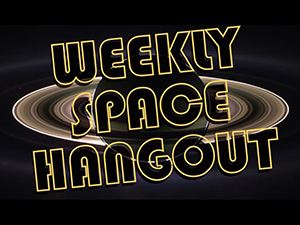 Join the Crew!
Join the Crew!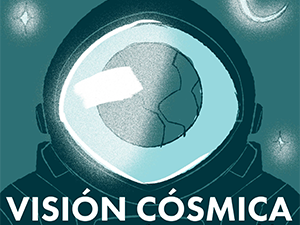
 Escape Velocity Space News
Escape Velocity Space News
Globe at Night thanks you, Nicole, for this wonderful article. The GaN crew just recorded a 365DaysOfAstronomy.org audio podcast on Jan. 16 that we hope you will all enjoy. Starry skies, Connie
It’s good to see the issue of light pollution getting more publicity. However I have some comments on why there is a lot more work to be done.
It’s difficult to get even enthusiastic amateur astronomers interested in the issue. Some have the money to travel to dark skies (I don’t) and so can avoid it.
Counting the stars you can’t see (!) public outreach, sidewalk astronomy and programmes (I’m in the UK) such as Stargazing Live make more people aware of what has been lost in the night sky. I’m pleased that the International Dark-Sky Association has recognised six area in the UK – and these are getting national news coverage.
The problem is that getting rid of bad lighting is a lot harder.
When people think that light pollution is only a problem for astronomers, they dismiss it. Perhaps if there is more awareness of the damage to the nocturnal environment, energy waste and human health it might make a difference.
Money is being spent creating light no one needs and using up increasingly scarce resources – and it’s coming from everyone who pays taxes. There is growing evidence that bright light at night is bad for your health.
However, a major obstacle in reducing light pollution is crime, or more often, fear of crime. I’ve read of the situation in cities before public lighting became widespread, and I wouldn’t want to go back to that. But badly fitted security lights are often worse than none – glare reduces visibility. Also, our eyes adapt to the dark and can’t do so properly if outside lights are too bright. But there is a perception that the brighter the light the better it is.
People complain about restrictive planning laws, but without them, it’s hard to control light pollution. To make a difference locally you have to be aware of planning applications and challenge them. I’ve done that, and most, unless there is a united campaign against them. go through, particularly for sport.
There is also a need for politicians to be aware of light pollution and it isn’t high on their list of priorities. Switching off streetlights so people think they are more likely to be a victim of crime isn’t a vote winner. Also, you have to be careful not to overdo it or you get the response, “Oh, it’s Joe Bloggs harping on about light pollution again.”
So, to conclude, I think Globe At Night and the apps are important. Light pollution has been seen as less important than other types of pollution – or not even as pollution. But it needs to be followed by action. I am concerned that there is growing evidence that the damage caused by unchecked light pollution will be significant.